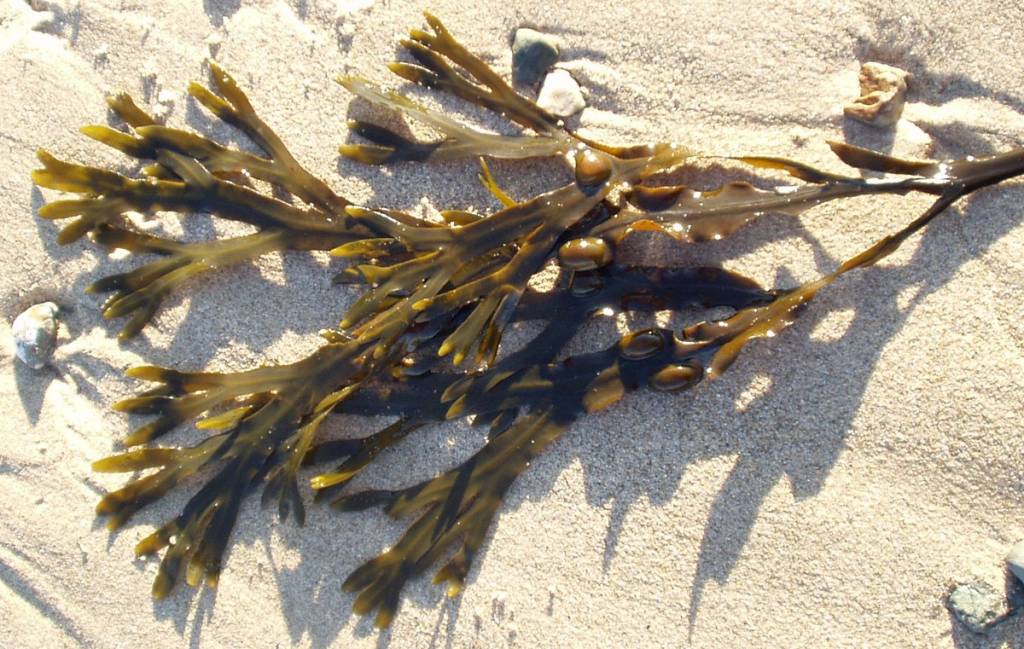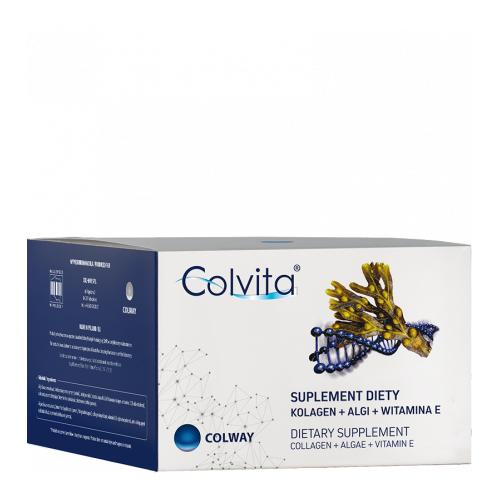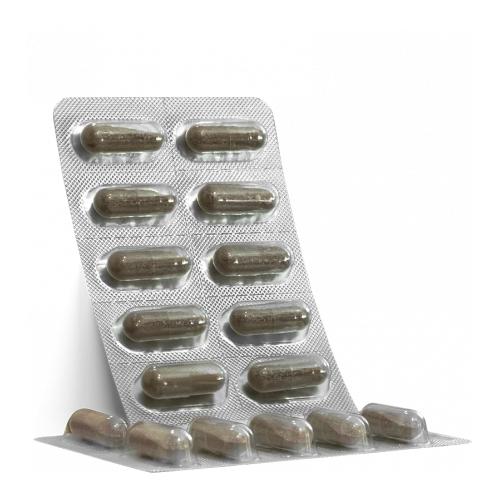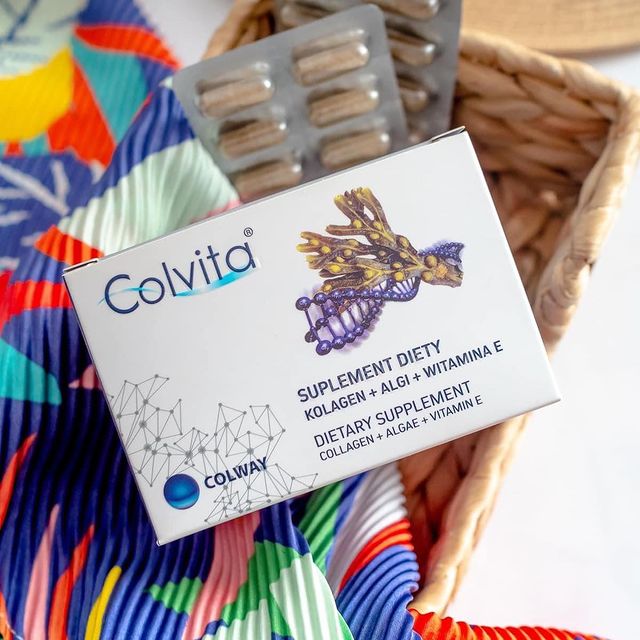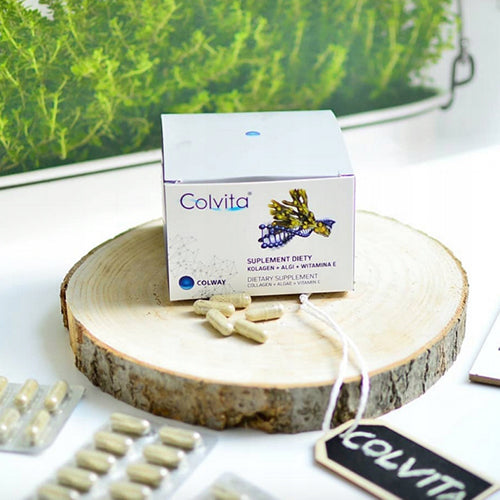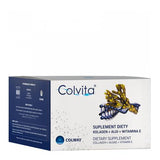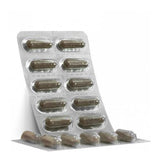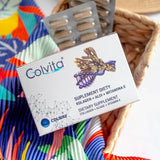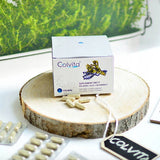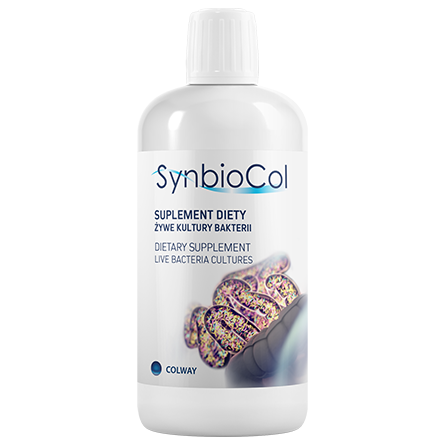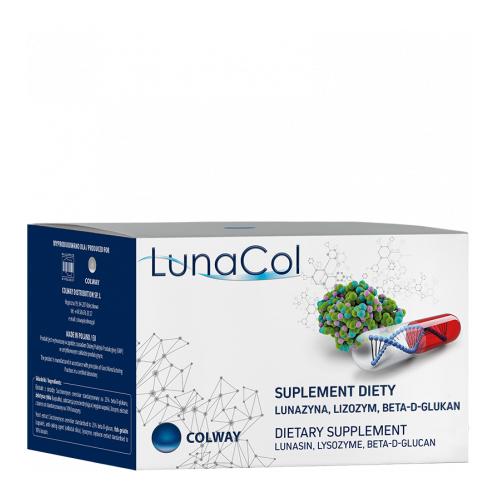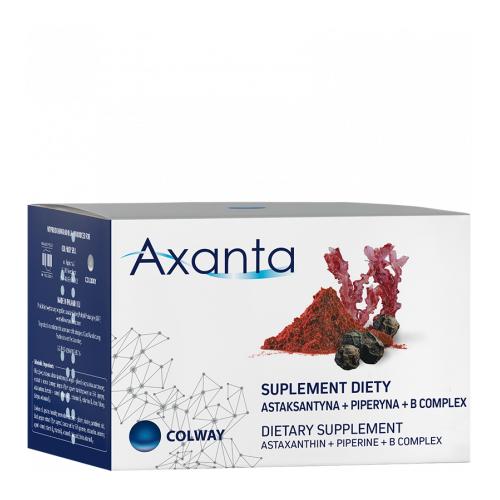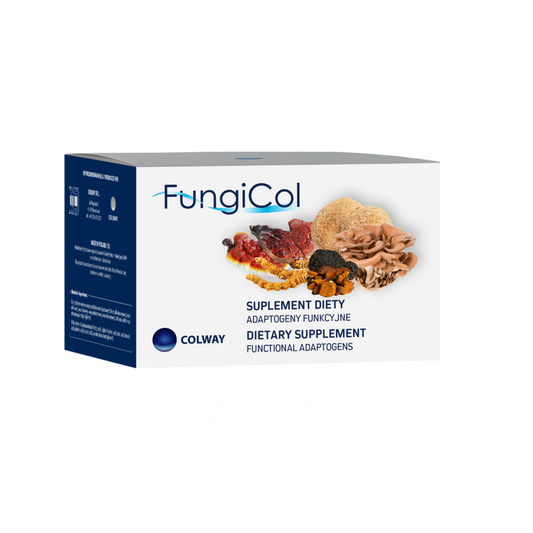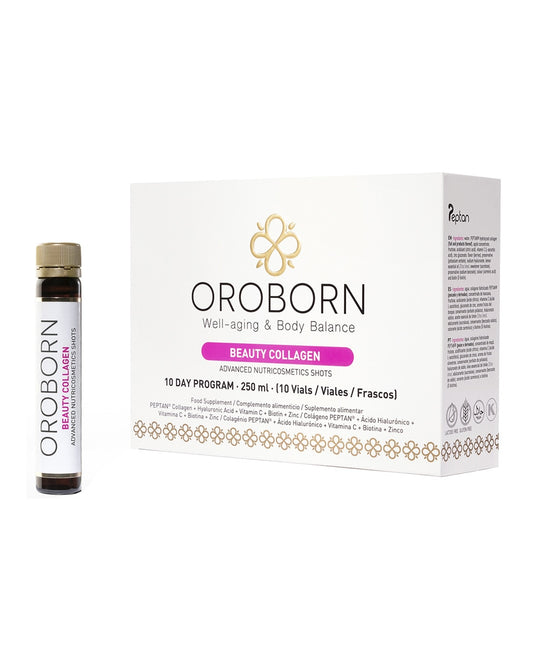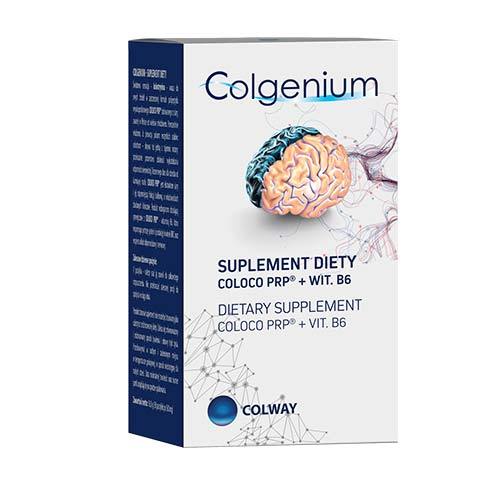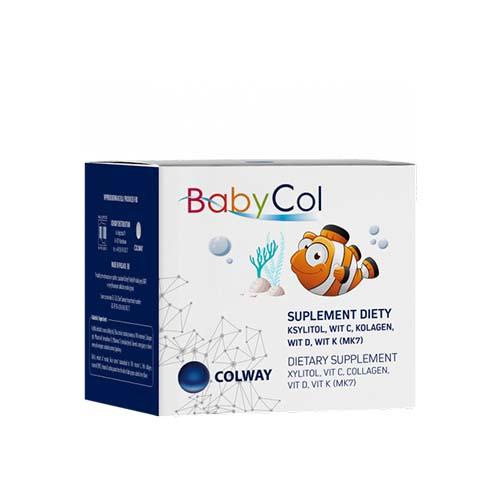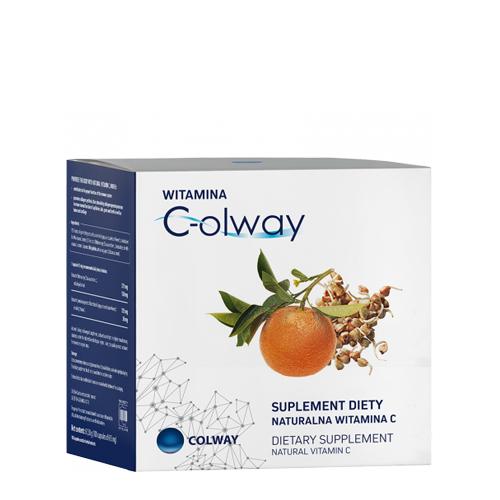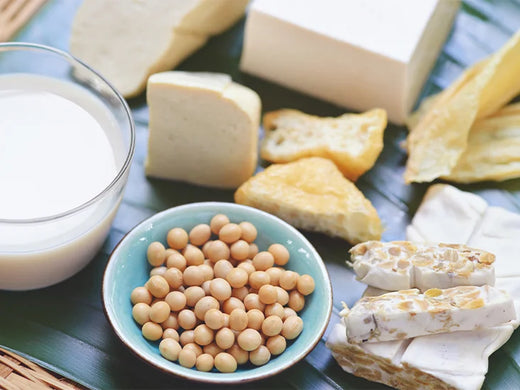Introduction
If you are looking for new ways to enrich your diet with essential minerals, Fucus vesiculosus may be the answer you were looking for. Because? We'll tell you then.
What is Fucus vesiculosus?
Fucus vesiculosus, commonly known as bladderwrack or sea lettuce, is a type of brown algae found on the coasts of the Atlantic Ocean and the North Sea.
Origin and Distribution
This seaweed has a long history of use in various cultures around the world, mainly in the regions where it is native. Today, it is appreciated for its multiple health benefits.
Applications
Traditionally, Fucus vesiculosus has been used in cooking and medicine. But did you know that it is also an excellent source of magnesium?
Magnesium: Importance and functions in the body
Magnesium is a vital mineral for the body. It participates in more than 300 biochemical reactions in our body.
Magnesium Functions
Some of the most important functions of magnesium include the regulation of neuromuscular function, energy production, and the synthesis of DNA and RNA.
Fucus vesiculosus as a source of magnesium
You may be surprised to learn that Fucus vesiculosus is an excellent source of magnesium.
Magnesium content in Fucus vesiculosus
The magnesium content in Fucus vesiculosus is significantly high, which makes it an ideal food to increase the intake of this mineral.
The benefits of consuming Fucus vesiculosus
Regular consumption of Fucus vesiculosus can help meet daily magnesium needs, improve cardiovascular and nervous health, and promote digestion.
How to incorporate Fucus vesiculosus into your diet
Although the flavor of Fucus vesiculosus may be a bit strong for some, there are several ways to incorporate it into your diet.
Recipes and suggestions
You can add Fucus vesiculosus to soups, salads, and stews. You can also prepare a tea with the seaweed.
Conclusion
Fucus vesiculosus is more than just an algae. It is a rich source of magnesium and can be an excellent supplement to your diet. Don't hesitate to give it a try!
Frequent questions
-
Does Fucus vesiculosus have contraindications? Yes, although Fucus vesiculosus is generally safe for most people, it can interact with certain medications and may not be suitable for people with thyroid problems due to its high iodine content. It is always advisable to consult a health professional before incorporating a new supplement into your diet.
-
How can I keep the Fucus vesiculosus after buying it? Dried Fucus vesiculosus should be stored in a cool, dry place, out of direct sunlight. If stored correctly, it can last for several months.
-
How much Fucus vesiculosus should I consume per day to get enough magnesium? The exact amount may vary depending on your individual magnesium needs and other dietary factors. However, a couple of tablespoons of dried Fucus vesiculosus a day can be a good starting point. Again, it is advisable to speak with a healthcare professional to determine the correct dosage for your needs.
-
Is it safe for children to consume Fucus vesiculosus? In general, Fucus vesiculosus may be safe for children in small amounts. However, due to its high iodine content, it may not be suitable for children with thyroid problems. As always, it is best to consult a healthcare professional before giving Fucus vesiculosus to children.
-
Can I consume Fucus vesiculosus if I am pregnant or lactating? Although Fucus vesiculosus may have many health benefits, its use during pregnancy or lactation is not recommended due to a lack of research in this area. If you are pregnant or lactating, you should always consult a health professional before making changes to your diet.




















































































































